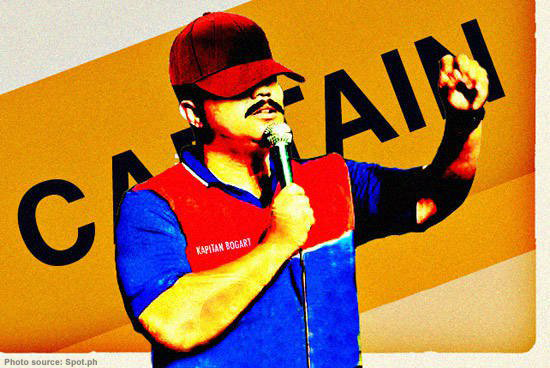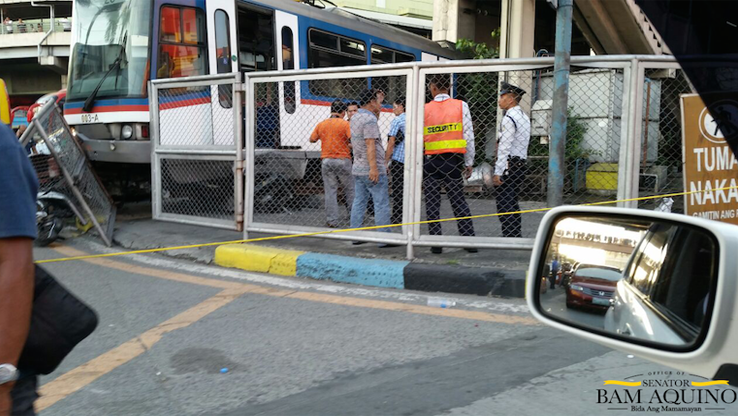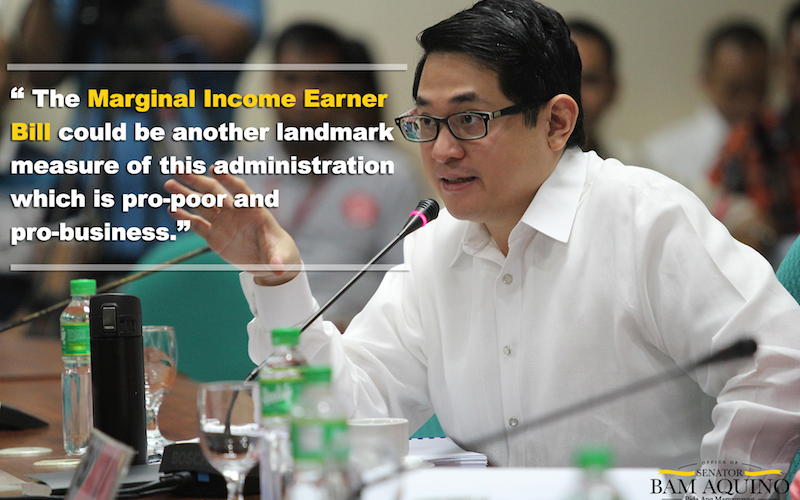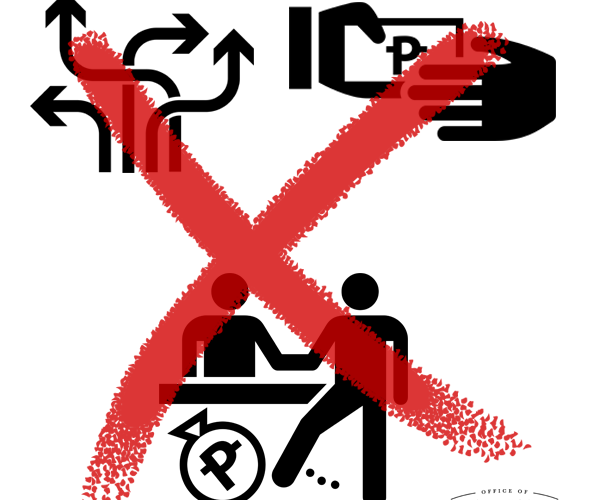Require One Nurse in Every Public School – Sen. Bam
Senator Bam Aquino is pushing for the appointment of a registered nurse in every public school in the country to ensure that health and nutritional needs of Filipino students are protected.
“Quality education, that every Filipino child deserves, is holistic in nature. It is concerned with the whole self – physical, mental and spiritual,” Aquino said in his Senate Bill No. 2366.
“This measure proposes that students’ access to basic health care services in schools be assured by requiring every public school to employ at least one registered nurse to look after the health and nutritional needs of its students,” he added.
With a fifth of the Filipino population living below the poverty line, Aquino said health-related issues among school children arise, hampering their ability to learn and retain lessons and skills.
“Some students might even be forced to skip school days due to sickness, further impeding their ability to learn,” Aquino said.
The senator said having a nurse in every school emphasizes the value of health, nutrition and well being as part of the formation of our Filipino children.
Also, Aquino added the bill would help reduce the number of unemployed nurses in the country, which is currently estimated at 400,000.
The bill mandates the Department of Education and the Department of Health to employ at least one registered nurse in every public school.
The nurse will be responsible for improving the delivery of public health care services and providing relevant and timely education on wellness, hygiene, sanitation and other health safety measures to public school students.
Nurses employed will receive a monthly stipend equal to salary grade 15, consistent with the mandatory minimum entry-level pay for government nurses under Republic Act No. 9173, otherwise known as the Philippine Nursing Act of 2002.





Recent Comments